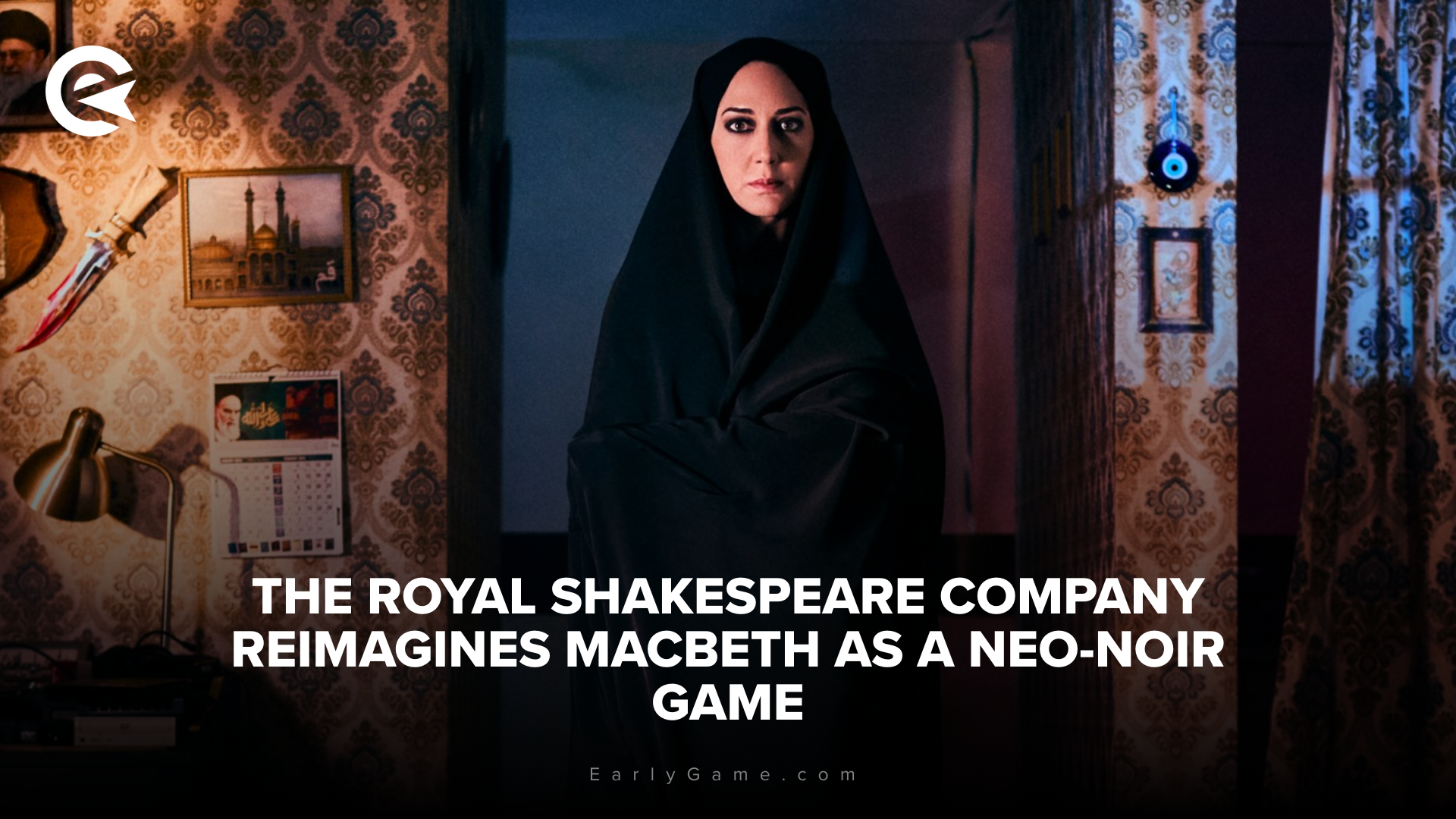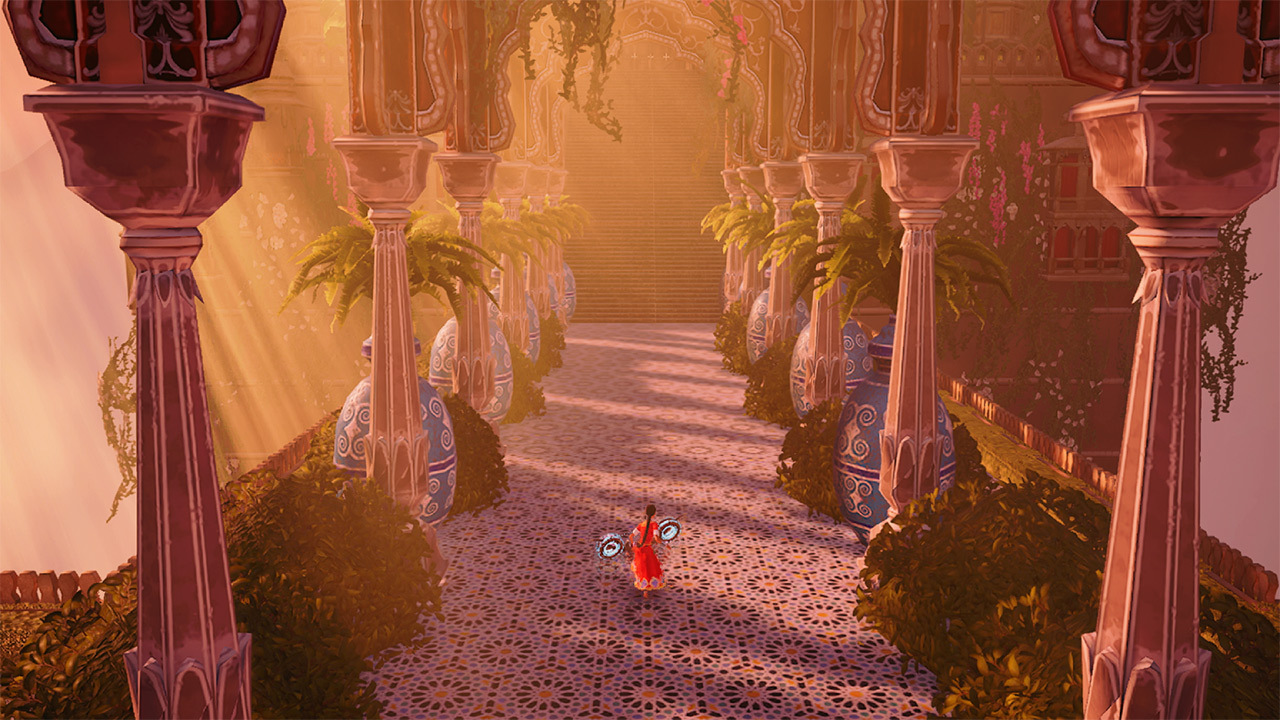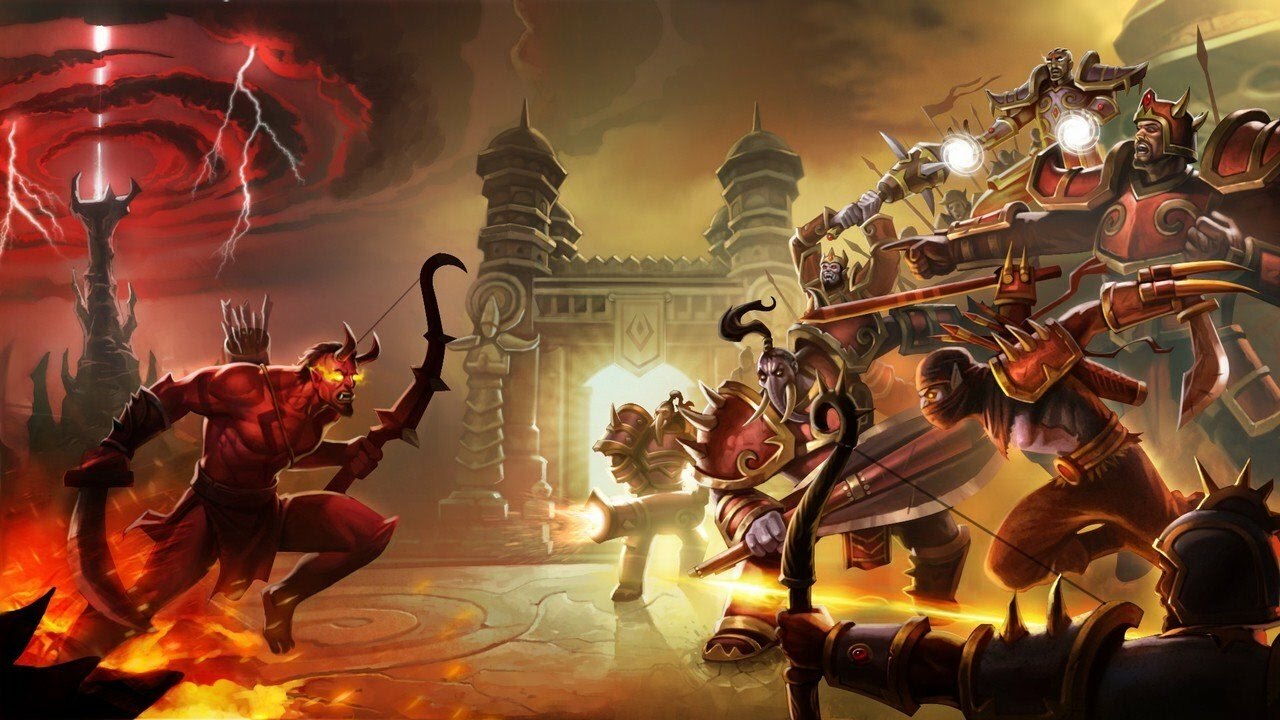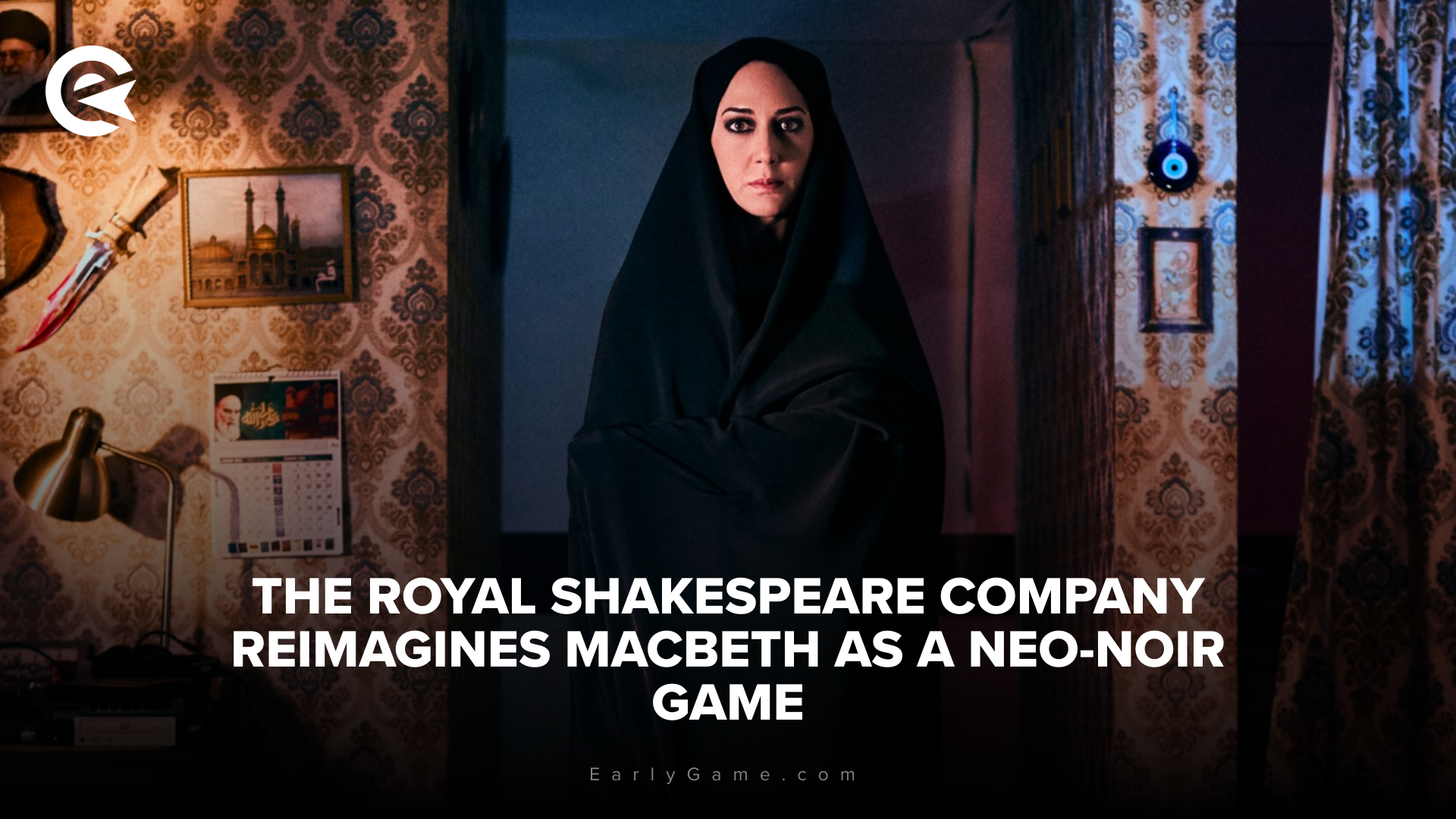The Royal Shakespeare Company has entered the world of interactive gaming, reinterpreting one of its most iconic plays in a way audiences have never seen before.

Is this a keyboard I see before me, The keys beneath my hand? Come, let me press thee. In a groundbreaking move, the renowned British theatre company has teamed up with indie game studio iNK Stories to develop Lili, an interactive thriller that draws inspiration from William Shakespeare’s Macbeth.
The game, described as a neo-noir, screen-life thriller, promises to offer players a fresh, modern twist on the timeless tragedy. Here’s everything you need to know about the ambitious adaptation.
A Modern Take on a Classic
Set against the backdrop of modern-day Iran, Lili plunges players into a world where authoritarianism and surveillance are a constant presence. The game allows players to explore the personal devices of a modern-day Lady Macbeth, making pivotal decisions that impact her fate. Players will experience a blend of live-action cinema and interactive gameplay, where every choice influences the story, echoing the timeless themes of power, guilt, and ambition found in the original play.
Lady Macbeth Reimagined as Lili
Starring Zar Amir as the titular character Lili, the game features a cinematic narrative where players guide the villainous Lady Macbeth through the harrowing landscape of political oppression and gender-based violence in Iran. The witches, typically seen as mystical figures in the play, are reimagined as hackers, further adding to the game's modern and tech-savvy atmosphere.
It’s going to be interesting to see how that plotline is adapted in a video game focused on Lady Macbeth, since the witches actually don’t communicate with her at all in the play. The game’s release is set for 2025, the exact platforms remain under wraps.
Lili represents the first-ever venture into video gaming for the Royal Shakespeare Company, and with a unique blend of interactive storytelling and live-action sequences, it’s set to redefine how audiences engage with classic literature in the digital age. This could potentially draw a new audience to the source material, since we expect that in the video game, the characters will not be speaking Early Modern English – a language that even native speakers today often need subtitles for.
Are you familiar with Macbeth? What do you think of this game adaptation? Share your thoughts in the comments!




























